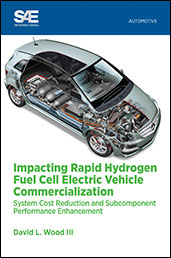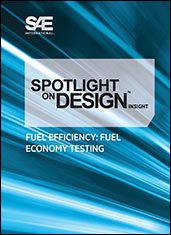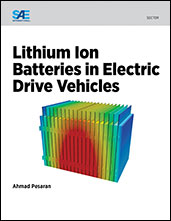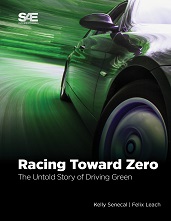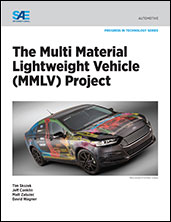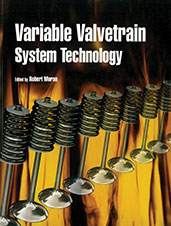Book

Hybrid-Powered Vehicles, Second Edition
2011-03-16
Hybrid Powered Vehicles, 2nd Edition builds on the original edition’s exploration of hybrid components, system engineering, design constraints, challenges, and opportunities of hybrid vehicles. Since the first edition was published in 2003, hybrid vehicles have seen major technical developments and have gained significant market share. This book provides the reader with a thorough yet accessible understanding of the latest hybrid technology developments, along with keen insight into the market forces shaping the technology and a look at what lies ahead. Author John German reviews the development history of hybrid vehicles and the current state of hybrid technology, including battery types and chemistries. He also highlights the cycles of fuel availability, fuel economy, and concern for environmental issues, and profiles government efforts to spur development of more efficient vehicles.
